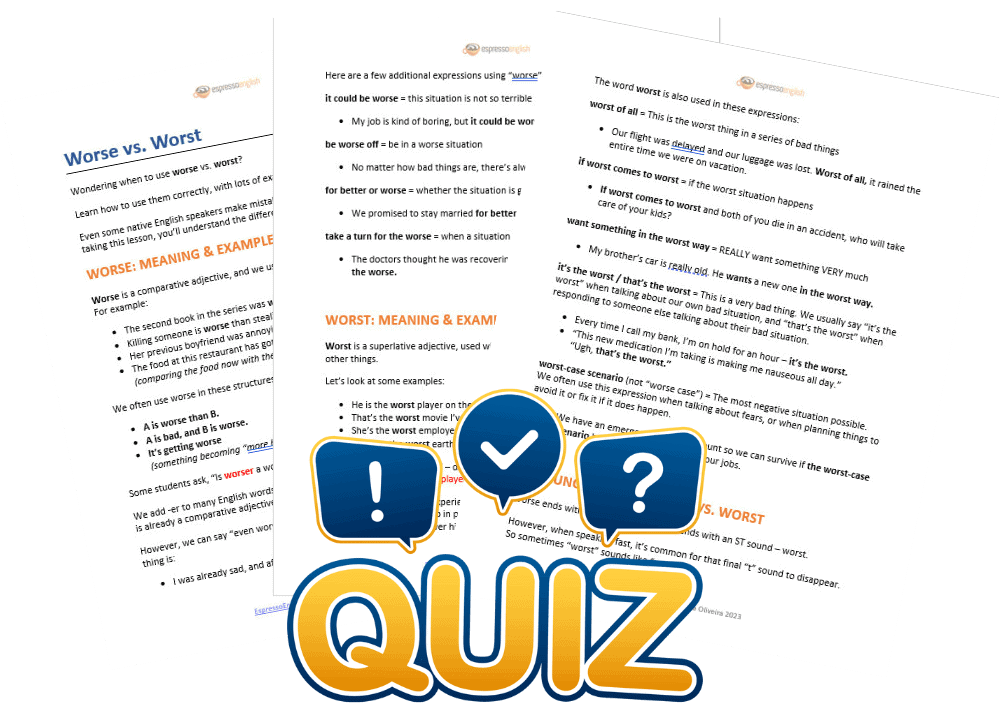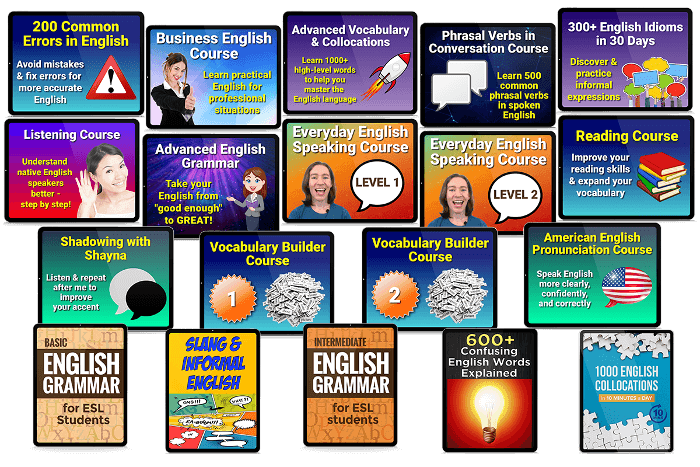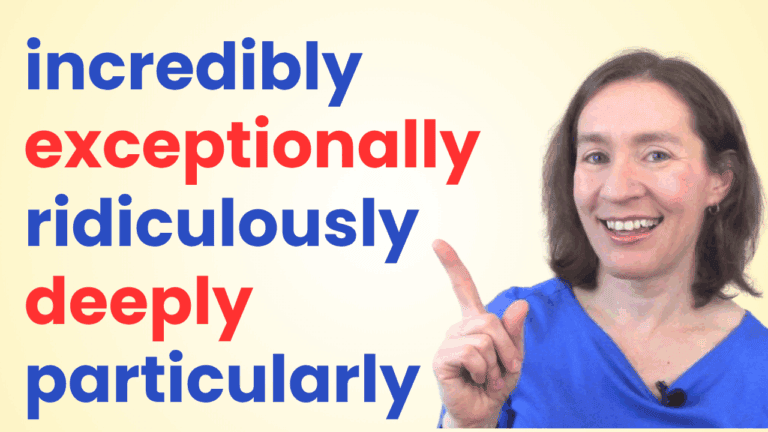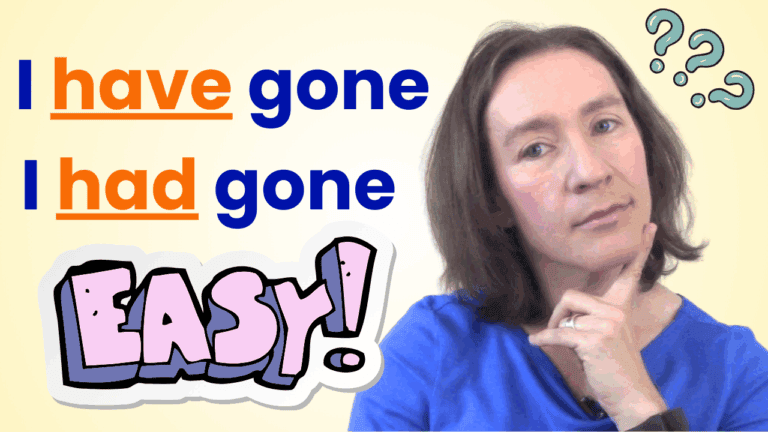
Join an Espresso English course
Wondering when to use worse vs. worst? Learn how to use them correctly, with lots of examples of worse and worst in sentences!
Even some native English speakers make mistakes with worse and worst, but after taking this lesson, you’ll understand the difference between these words clearly.
worse: meaning & examples
Worse is a comparative adjective, and we use it when we compare TWO things. For example:
- The second book in the series was worse than the first one.
- Killing someone is worse than stealing from them.
- Her previous boyfriend was annoying, but her current one is worse.
- The food at this restaurant has gotten worse over the past few months.
- More examples of worse
We often use worse in these structures:
- A is worse than B.
- A is bad, and B is worse.
- It’s getting worse (something becoming “more bad” compared to how it was before)
Some students ask, “Is worser a word?” – NO. We add -er to many English words to form comparative adjectives… but “worse” is already a comparative adjective, so we can’t say “worser.”
However, we can say “even worse” to add extra emphasis to how bad the second thing is:
- I was already sad, and after hearing about the tragedy I felt even worse.
Here are a few additional expressions using “worse”
- it could be worse = this situation is not so terrible
My job is kind of boring, but it could be worse – at least I have a job! - be worse off = be in a worse situation
No matter how bad things are, there’s always someone worse off than you. - for better or worse = whether the situation is good or bad
We promised to stay married for better or worse. - take a turn for the worse = when a situation begins going more badly
The doctors thought he was recovering, but then his health took a turn for the worse.
worst: meaning & examples
Worst is a superlative adjective, used when we compare something to MULTIPLE other things.
Let’s look at some examples:
- He is the worst player on the team.
- That’s the worst movie I’ve ever seen.
- She’s the worst employee I’ve ever hired.
- This was the worst earthquake in history.
- More examples of worst
We typically say “the worst” – don’t forget the word “the”!
It’s a common error to say things like, “He is worst player on the team” – that’s incorrect.
When talking about your experiences, it’s common to use the structure “the worst (thing) I’ve ever (verb in past participle)” – the worst movie I’ve ever seen, the worst employee I’ve ever hired.
The word worst is also used in these expressions:
- worst of all = This is the worst thing in a series of bad things
Our flight was delayed and our luggage was lost. Worst of all, it rained the entire time we were on vacation. - if worst comes to worst = if the worst situation happens
If worst comes to worst and both of you die in an accident, who will take care of your kids? - want something in the worst way = REALLY want something VERY much
My brother’s car is really old. He wants a new one in the worst way. - it’s the worst / that’s the worst = This is a very bad thing. We usually say “it’s the worst” when talking about our own bad situation, and “that’s the worst” when responding to someone else talking about their bad situation.
Every time I call my bank, I’m on hold for an hour – it’s the worst.
“This new medication I’m taking is making me nauseous all day.”
“Ugh, that’s the worst.” - worst-case scenario (not “worse case”) = The most negative situation possible. We often use this expression when talking about fears, or when planning things to avoid it or fix it if it does happen
We have an emergency savings account so we can survive if the worst-case scenario happens, like we both lose our jobs.
Download free worse-worst PDF + quiz
Pronunciation of worse vs. worst
What about the pronunciation of worse and worst?
Well, worse ends with a sss sound – worse – and worst ends with a st sound – worst.
However, when speaking fast, it’s common for that final “t” sound to disappear. So sometimes “worst” sounds like “worse.”
But an easy way to know when someone is saying “worse” (comparing two things) and when someone is saying “worst” (comparing one thing to multiple other things) is by considering the whole structure of the sentence:
- If they say one thing is “worse than” another, they’re comparing two things.
- If they say something is “the worst,” then they’re comparing one thing to all other things.
Now you know all about worse vs. worst and when to use them correctly.
- Learn more confusing words:
The opposite of worse is better, and I’m here to help your English get better!
You can learn more when you join one of my online courses – just click on the link in the video description for more information and free sample lessons.
At Espresso English, you can improve all your English skills – from grammar to vocabulary, speaking, listening, reading, and much more. I hope you enjoyed today’s lesson, and I hope to see you inside one of my courses.











